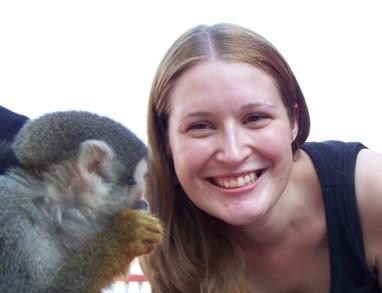
Valuing nature: how do conservation decision-makers choose what to save and how to save it?
Evidence-based decision-making is crucial for ensuring best practice outcomes in diverse applied fields, including conservation. However, many practitioners rely on intuition and personal experience (system I decision-making) rather than reviewing and analytically processing information (system II decision-making). Conservation science is a value-based discipline, yet conservation planning has tended to assume that decision-makers are using system II decision-making. Thus a key question is how, and when, personal values and individual differences (system I) impact the decisions made by conservation practitioners.
The placement included training in psychological theory and methods, which were relevant for answering this question (placement phase I) and allow cross-disciplinary exchange of ideas between the candidate and host at the Department of Psychology at Royal Holloway University of London (RHUL). The placement was also used to develop and execute a project that forms part of the candidate’s long-term research programme, using methods from social and biological sciences to understand human behaviour in contexts relevant to biodiversity conservation (placement phase II). The candidate’s past research is truly interdisciplinary: although the candidate has formal training in both anthropology and biology, this placement would allow the candidate to gain understanding of key concepts and related methodological techniques in psychology.
Placement information:
Starting placement presentation introducing placement ideas
